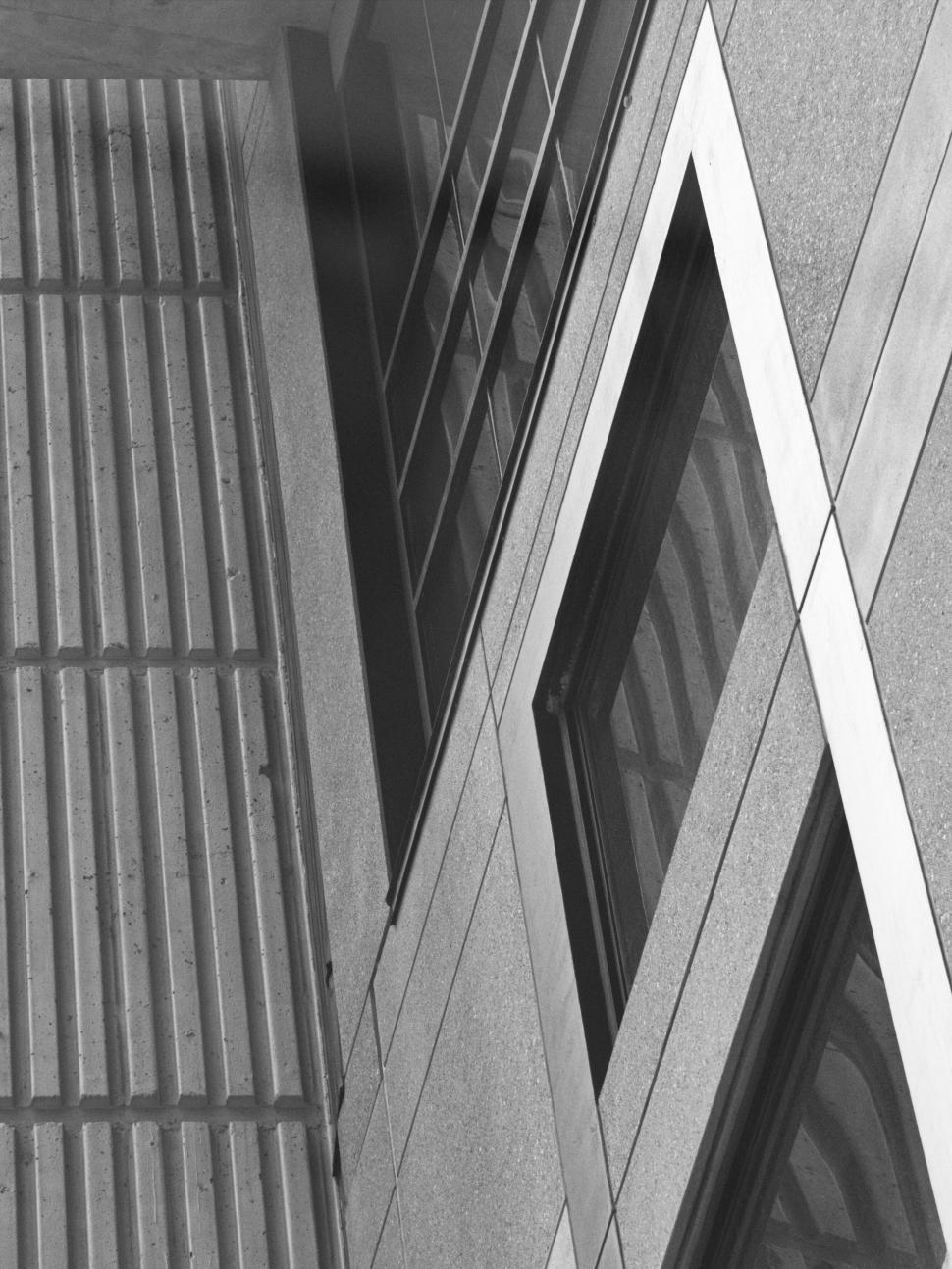In a world full of rapidly growing cities and urban landscapes, one threat looms ominously over our skylines – the global danger of boring buildings. These uninspired structures not only fail to engage the eye, but they also contribute to the overall dullness and lack of identity in our built environment. Join us as we explore the impact of uninteresting architecture on our world and the urgent need for more innovative and engaging design solutions.
Table of Contents
- The Impact of Monotonous Architecture on Mental Well-being
- Revitalizing Communities Through Innovative Building Design
- Promoting Cultural Identity and Diversity Through Architectural Creativity
- Sustainable Urban Development: The Role of Bold and Inspiring Buildings
- Closing Remarks

The Impact of Monotonous Architecture on Mental Well-being
The Global Danger of Boring Buildings
Imagine walking down a street lined with nothing but identical, bland buildings. The lack of variety in architecture can have a significant impact on our mental well-being. Monotonous architecture can lead to feelings of boredom, monotony, and even depression. When we are surrounded by uninspiring buildings day in and day out, it can take a toll on our overall mood and outlook on life.
One of the main reasons why monotonous architecture is harmful to our mental health is because it fails to stimulate our senses. Our brains crave variety and stimulation, and when we are constantly exposed to the same dull buildings, our minds become bored and unengaged. This lack of stimulation can lead to feelings of apathy and disconnection from our surroundings, ultimately affecting our mental well-being.
Furthermore, boring buildings can have a negative impact on our creativity and inspiration. When we are surrounded by uninspiring architecture, it can be difficult to think outside the box and come up with new ideas. Our environment plays a crucial role in shaping our thoughts and behaviors, so it’s important to have visually stimulating and innovative buildings that encourage creativity and innovation.

Revitalizing Communities Through Innovative Building Design
Have you ever walked down a street lined with dull, monotonous buildings that seem to blend together in a sea of sameness? These unremarkable structures not only fail to inspire, but they also pose a real danger to our global communities. Boring buildings can lead to a lack of civic pride, decreased property values, and a sense of neglect in a neighborhood.
By contrast, innovative building design has the power to revitalize communities and transform them into vibrant, thriving spaces. When architects and designers think outside the box, they can create structures that capture the imagination, foster a sense of community, and enhance the overall quality of life for residents. Whether it’s through sustainable materials, interactive features, or cutting-edge technology, forward-thinking design can breathe new life into even the most neglected areas.
Imagine a cityscape filled with bold, visually striking buildings that serve as landmarks and gathering places for residents and visitors alike. These architectural marvels not only contribute to the cultural identity of a community but also attract tourism, stimulate economic growth, and promote social interaction. In a world where we are constantly bombarded by visual stimuli, investing in innovative building design is crucial to ensuring that our cities remain dynamic and captivating spaces for generations to come.

Promoting Cultural Identity and Diversity Through Architectural Creativity
Architecture plays a crucial role in shaping the cultural identity and diversity of a society. However, in recent years, there has been a disturbing trend towards generic and uninspired buildings that lack any sense of cultural identity. These boring buildings not only fail to reflect the unique heritage and traditions of a community, but they also contribute to the homogenization of global architecture.
One of the main reasons behind the rise of boring buildings is the prioritization of cost and efficiency over creativity and cultural significance. In an effort to cut corners and maximize profits, developers often opt for cookie-cutter designs that can be easily replicated in different locations around the world. This approach not only leads to a loss of architectural diversity but also diminishes the sense of place and belonging that buildings can evoke.
It is essential for architects and developers to embrace creativity and innovation in their designs in order to promote cultural identity and diversity. By drawing inspiration from local history, traditions, and materials, architects can create buildings that not only stand out aesthetically but also serve as powerful symbols of cultural pride and heritage. In an increasingly globalized world, it is more important than ever to celebrate and preserve the unique cultural identities that make our communities vibrant and diverse.

Sustainable Urban Development: The Role of Bold and Inspiring Buildings
In today’s rapidly growing urban landscapes, the role of bold and inspiring buildings in sustainable urban development cannot be overstated. These buildings not only serve as architectural marvels but also play a crucial role in shaping the future of our cities. By incorporating sustainable design principles and innovative technologies, these buildings can help reduce energy consumption, minimize waste, and promote a healthier environment for the community.
One of the main challenges facing urban development today is the proliferation of boring, cookie-cutter buildings that lack creativity and imagination. These buildings not only detract from the visual appeal of our cities but also contribute to environmental degradation and social isolation. **Bold and inspiring buildings**, on the other hand, have the power to transform urban landscapes, inspire communities, and set new standards for sustainable design.
By pushing the boundaries of conventional architecture and embracing innovative approaches to design and construction, we can create a built environment that is not only aesthetically pleasing but also environmentally friendly and socially inclusive. **Bold and inspiring buildings** serve as beacons of hope in a world plagued by climate change and rapid urbanization, showing us that sustainable urban development is not only possible but essential for a brighter future.
Closing Remarks
In conclusion, the impact of boring buildings on our global landscape cannot be overstated. From the loss of cultural identity to the erosion of community spirit, the danger they pose is real and far-reaching. It is crucial for architects, city planners, and society as a whole to prioritize creativity and innovation in the design of our built environment. Let us strive for a world where every building tells a story and inspires admiration, rather than adding to the monotony of our urban fabric. Our future depends on it.






